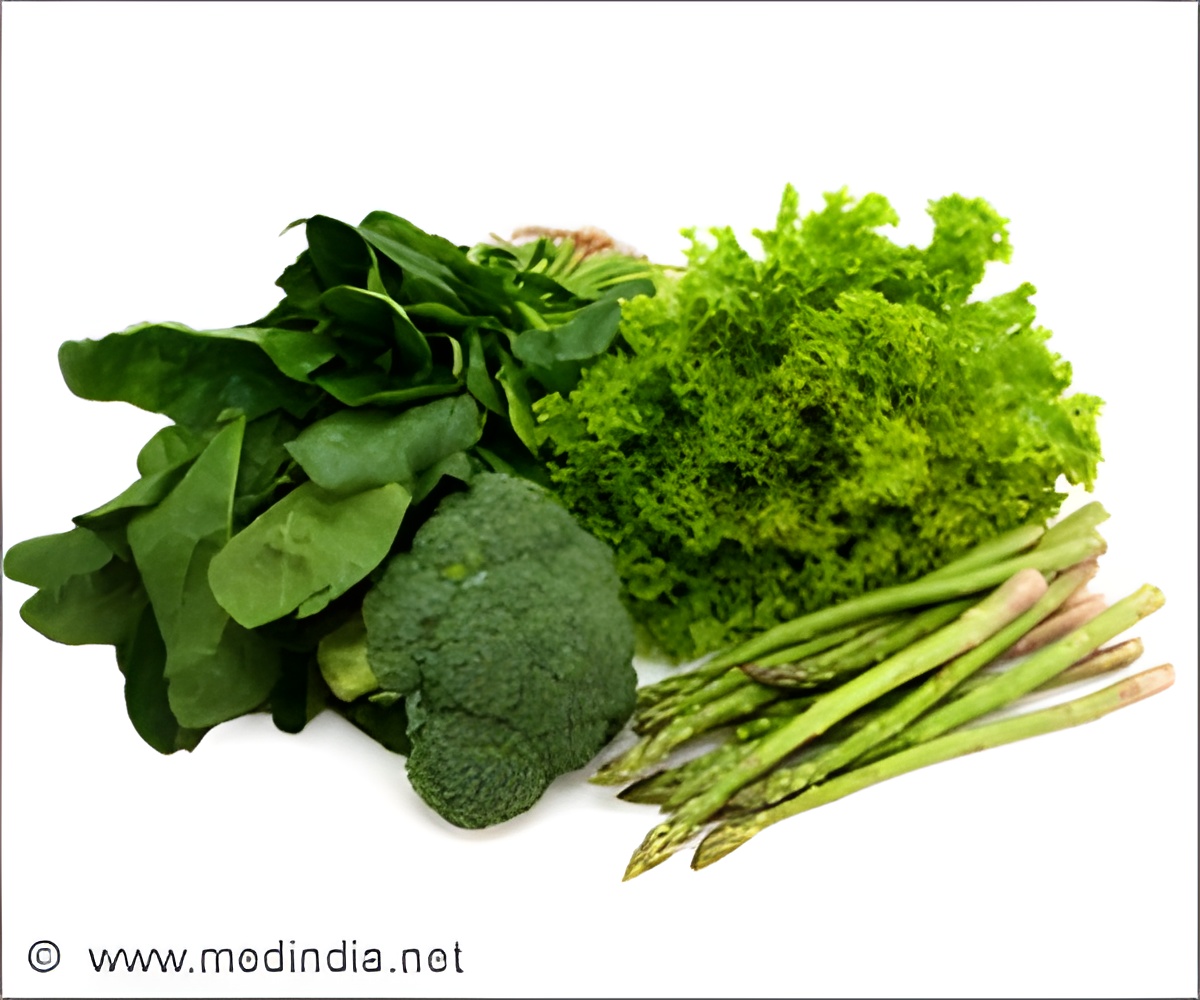A study offering a comprehensive review of research concerning minimally processed vegetables (MPVs), particularly centered on the Brazilian market.

Minimally Processed Vegetables in Brazil: An Overview of Marketing, Processing, and Microbiological Aspects
Go to source) Data is presented on hygiene indicators and //pathogenic microorganisms, especially Escherichia coli (the main indicator of fecal contamination), Salmonella spp., and Listeria monocytogenes, with prevalence rates ranging from 0.7% to 100%, 0.6% to 26.7%, and 0.2% to 33.3% respectively.
Examining Food-Borne Disease Outbreaks Linked to Vegetable Consumption in Brazil (2000-2021)
The article also discusses outbreaks of food-borne disease (food poisoning) associated with consumption of fresh vegetables in Brazil between 2000 and 2021. “Although there is no information about whether these vegetables were consumed as fresh vegetables or MPVs, the data highlights the need for control measures to guarantee products with quality and safety for consumers,” the authors write.‘Minimal processing involves employing various techniques to convert plant-based foods into ready-to-eat (RTE) or ready-to-cook (RTC) products, extending their shelf life while preserving the original nutritional and sensory attributes of fresh vegetables. #salads #foodpoisoning #bacteria #foodborneillness’





Regular consumption of vegetables plays an important role in human nutrition owing to the vitamins, minerals and fiber they contain. “More and more people want healthy food that can be prepared in a short time because of the hurry and stress of everyday life. This trend has led to rising global demand for MPVs. On the other hand, fresh vegetables and MPVs are frequently associated with food-borne diseases. The link is a matter of concern. MPVs are sanitized and disinfected, but studies show this process can be flawed, putting consumer health in danger. Rigorous controls are needed to avoid flaws and cross-contamination,” said Daniele Maffei, last author of the article. She is a professor in the Department of Agroindustry, Food and Nutrition at the University of São Paulo’s Luiz de Queiroz College of Agriculture (ESALQ-USP) in Brazil. She is also affiliated with the Food Research Center (FoRC), one of the Research, Innovation and Dissemination Centers (RIDCs) funded by FAPESP.
MPVs are cut, sanitized and sold in closed packaging with labeling that suggests they are “ready to eat”. Consumers buy them to prepare meals more quickly and reduce waste, given that the entire contents of each package typically correspond to a single portion. Because they are usually eaten raw, they are normally washed in chlorinated water to remove pathological microorganisms.
“The producer is responsible for marketing products with microbiological quality and safety, which require the implementation of control measures throughout processing. Although washing them at home may be considered unnecessary, some consumers can choose to do so for extra safety,” Maffei said.
Shelf life ranges from a few days to two weeks depending on several factors, such as the quality of the vegetables when fresh, the processing method, packaging, storage conditions, and the possible presence of pathogenic or spoilage microorganisms.
Advertisement
In Brazil, the market for MPVs emerged in the mid-1970s with the expansion of fast-food chains, and the presence of MPVs in retail stores is steadily growing, particularly in large urban centers, even though processing makes them about twice as expensive as fresh vegetables.
Advertisement
The other authors of the Foods article are Jéssica Finger, Isabela Santos, Guilherme Silva, Mariana Bernardino and Uelinton Pinto. The study involved the University of São Paulo’s School of Pharmaceutical Sciences (FCF-USP) and School of Public Health (FSP-USP).
Reference:
- Minimally Processed Vegetables in Brazil: An Overview of Marketing, Processing, and Microbiological Aspects - (https://www.mdpi.com/2304-8158/12/11/2259)














